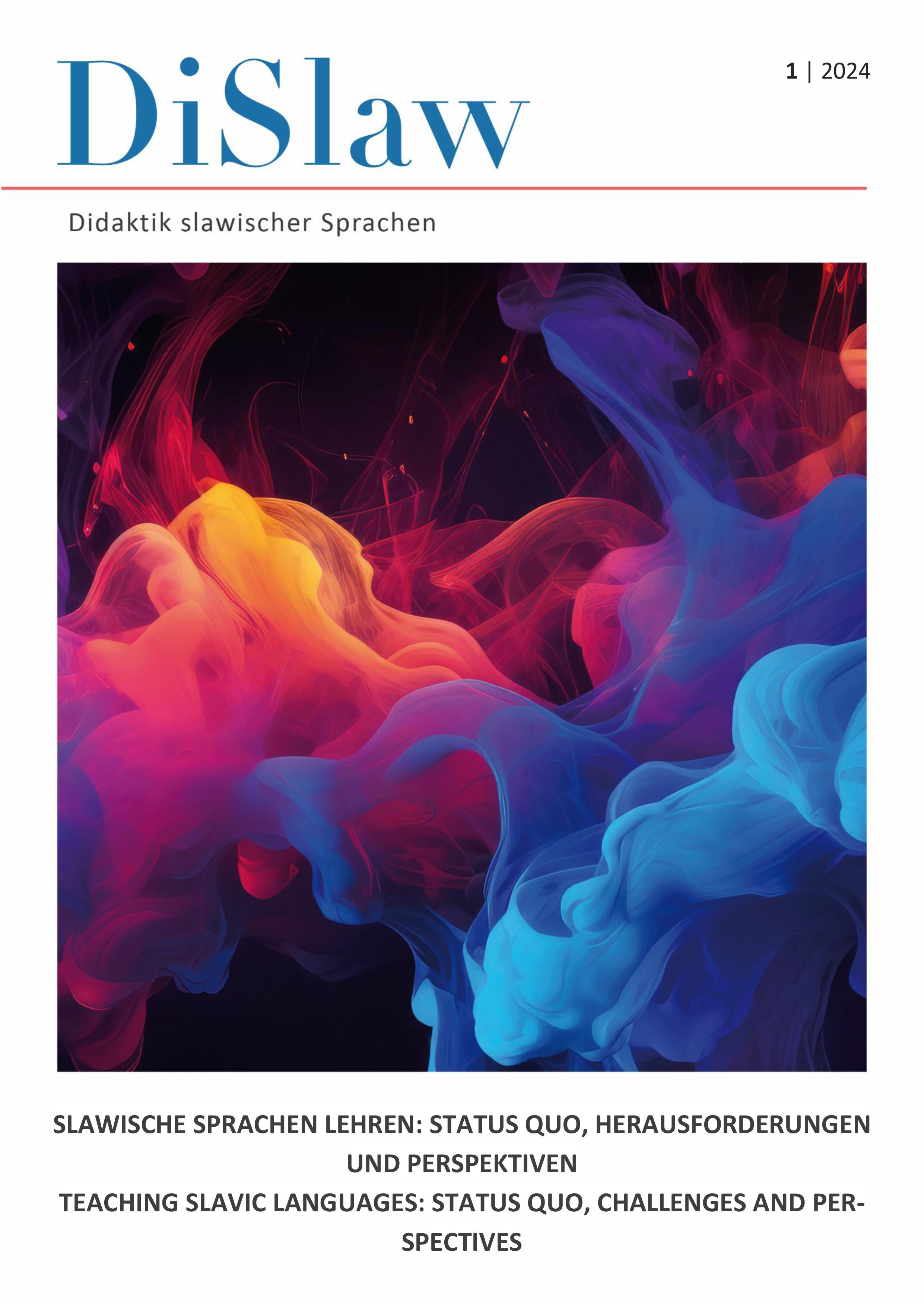Хау, бро, как жиза?
(How) Can Teachers Use Artificial Intelligence to Teach Colloquial Russian?
DOI:
https://doi.org/10.48789/2024.1.4Keywords:
artificial intelligence, ChatGPT, teaching colloquial Russian (CR), CR phenomenaAbstract
Artificial intelligence (AI) requires networked thinking. While AI itself is not inherently problematic, the implications arise from its integration into the language learning process. It is evident that AI can streamline both home- and seminar work, prompting schools and universities to contemplate sensible regulations regarding the utilisation of programmes such as ChatGPT. Initial proposals suggest a resurgence of oral exams and the cultivation of more creative texts and innovative test assignments to thwart potential AI-enabled cheating.
This paper aims to leverage ChatGPT to show how Russian language instructors can confront these challenges and effectively incorporate such programmes into the classroom setting. To achieve this goal, ChatGPT was tasked with generating a longer dialogue centred on a typical B1-level conversation topic among familiar teenagers, replete with colloquial speech which is often missing in modern textbooks. Subsequently, I suggested the dialogue undergo revision to better emulate authentic oral interaction among youths.
Through the analysis and comparison of these dialogues and their corresponding monologues, this paper seeks to equip teachers with insights into effectively addressing common conversational phenomena in Russian language instruction – both in terms of receptive and productive communicative competence – while also navigating potential pitfalls such as the overuse of colloquialisms.
Downloads
Published
Issue
Section
Categories
License

This work is licensed under a Creative Commons Attribution-NoDerivatives 4.0 International License.


